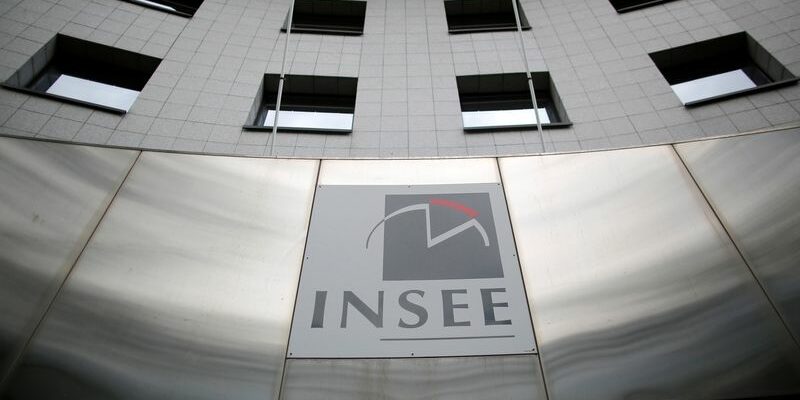PARIS (Reuters) – The French economy should ultimately stagnate in the first quarter against a backdrop of still high interest rates weighing on business investment, but it could return to slightly more vigorous growth than expected in the spring with a rebound expected from household consumption, INSEE declared Thursday in an economic note.
In this document entitled “The recovery is slow”, the national statistics institute estimates that the growth of France’s gross domestic product (GDP) should be zero in the first quarter before reaching 0.3% over the three following months.
INSEE previously forecast growth of 0.2% over each of these two quarters.
The growth gain at the end of the first half should therefore be “modest”, at 0.5%.
The government recently lowered its growth forecast for the whole year to 1.0% compared to 1.4% in the draft budget voted in Parliament in the fall. The Banque de France did the same on Tuesday and now anticipates growth of 0.8% in 2024 compared to 0.9% previously.
In addition to the impact of unfavorable financing conditions on business investment, the expected stagnation of the French economy in the first quarter also reflects production stoppages in refineries and problems in supply chains in the automotive sector, underlines INSEE.
Inflation should continue to slow down to 2.6% year-on-year in June, in line with previous forecasts, compared to 2.9% last month, according to a provisional estimate, and 6.3% in February 2023. .
It is now fueled mainly by the rise in prices of services while those of food and manufactured products are stabilizing.
However, INSEE does not report the formation of a price-wage loop. In real terms, the latter should only increase “modestly” at the start of the year after two years of decline in 2022 and 2023, which should contribute to a relative rebound in household consumption in the spring, estimates the institute.
(Written by Dominique Vidalon and Bertrand Boucey, edited by Sophie Louet)
Copyright © 2024 Thomson Reuters
